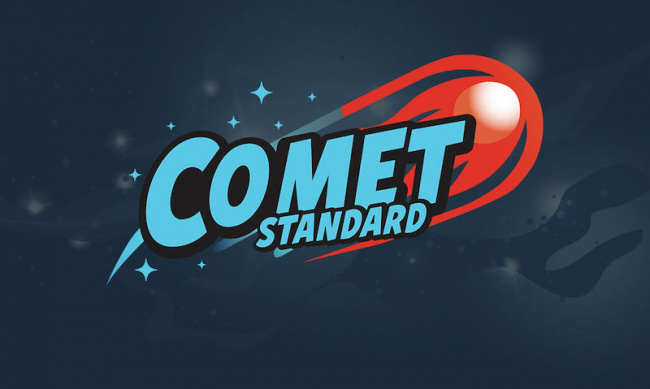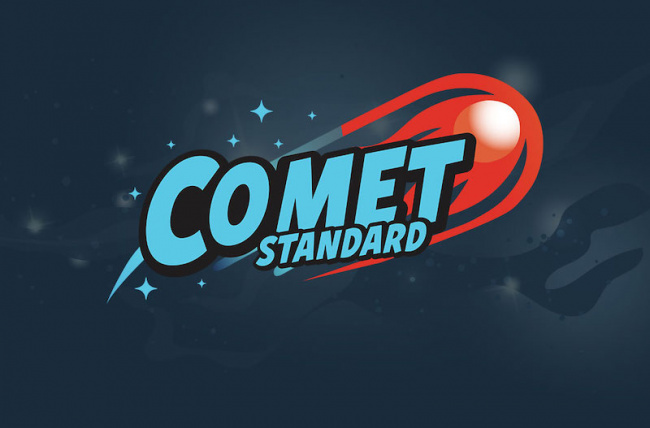“The goal is, no matter which distributor you get your book from, if it is the same physical product, it has the same title,” said committee chair Katie Pryde, the owner of Books With Pictures in Portland, OR, during the presentation. “It either has an ampersand or the word ‘and,’ but that doesn’t change.” In fact, the purpose of the new standard is to ensure that all information about a specific product is the same across publishers and distributors. Currently, that is not the case, and the paper outlined three significant problems:
- A single item may have different metadata, depending on the source (for instance, different distributors may render the same title in different ways)
- Each distributor uses a different format for its data, which must be reconciled by retailers and point-of-sale (POS) systems
- Publishers sometimes submit inaccurate data (because of re-used bar codes, for instance, and changes in titles and variant covers after solicitation).
This in turn results in three problems for retailers
- Wasted time (and money) as they re-process data by hand or untangle incorrect data
- Loss of sales because of lack of correct, up-to-date information for customers and retailers
- Over- or under-ordering; for instance, mismatched series codes may lead a retailer to order a trade instead of a single-issue comic.
The new standard breaks down data into its smallest possible components, such as title, issue number, subtitle, cover description, and rating code. The committee came up with 108 pieces of what they call “atomic data” and then sets up three tiers:
- Essential Data (title, UPC or ISBN, and retail price), which is provided by the publisher; this data will not change during the lifecycle of the product and will stay the same from distributor to distributor;
- Core Data, additional data about the product that is provided by the publisher, such as series codes and ratio variants, updated as needed; it remains the same from distributor to distributor;
- Extended Data, ordering information such as discount codes and FOC date, which is provided by the distributor and is updated as needed.
The committee also recommended that publishers start assigning BISAC (Book Industry Standards and Communication) codes to comics. BISACs denote subject categories are already standard in the book industry. Having this data will allow retailers see what genres and types of comics sell best in their stores.
The white paper outlined next steps:
- Distributors will aim to convert their current files to the Comet standard by the end of 2024, sooner if possible;
- Publishers will focus on providing correct, complete, Comet-compliant data to distributors;
- Point-of-sale systems will align with distributor data no later than the first quarter of 2025;
- Publishers and distributors will work together to populate the additional data fields.
The committee has asked companies to sign on to the Comet Code, a pledge to make data compliance a priority.
Work on the new standard began at the ComicsPRO meeting in 2023 (see "New Group to Look at Ways to Streamline Metadata").









